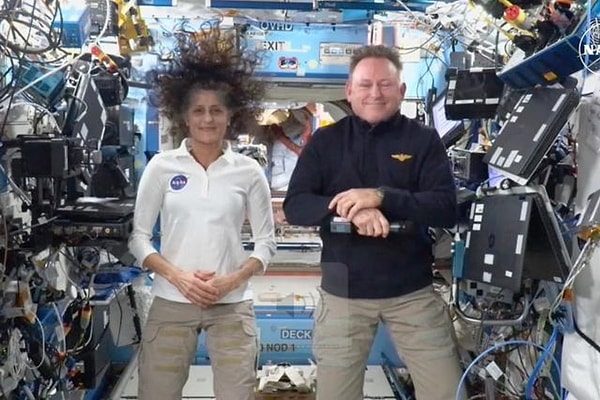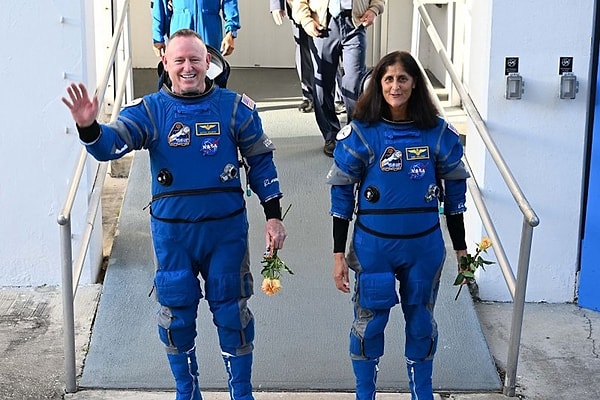NASA Astronauts Stranded in Space? The Health Risks No One Is Talking About
Two NASA astronauts, Suni Williams and Butch Wilmore, have been stuck in space far longer than planned. Originally set for an 8-day mission, they’ve now been waiting for nearly 8 months due to spacecraft malfunctions. While NASA insists they are in good health, experts warn of serious risks that could arise from prolonged space exposure. What are the hidden dangers they might be facing? Here’s what you need to know!
Concerns are growing over astronauts stranded in space since June 2024.

NASA astronauts who traveled aboard Boeing's Starliner spacecraft took refuge on the International Space Station (ISS) after their spacecraft malfunctioned. The Starliner later returned to Earth empty, while the astronauts' return to Earth has been delayed for months.
NASA has stated that the astronauts are in good spirits and remain healthy.

However, according to a report by NTV, there are potential health risks they may face. Prolonged stays in space can have negative effects on the human body. While the absence of gravity might seem fun at first, gravity is actually crucial for human health!
Living 400 km above sea level means being constantly exposed to "microgravity."

This leads to a decrease in bone density. Astronauts lose about 1 to 2 percent of bone density per month in their hip and shoulder regions, whereas on Earth, people typically lose only 0.5 to 1 percent per year. After spending eight months on the ISS, astronauts may have lost around 12 percent of their bone density.
Inevitably, bones become more fragile.

To maintain bone health, exercise is recommended. However, unlike on Earth, where exercising for forty minutes a few days a week may suffice, astronauts need to lift weights for at least an hour every day to protect their bone health in space.
Keşfet ile ziyaret ettiğin tüm kategorileri tek akışta gör!


Send Comment